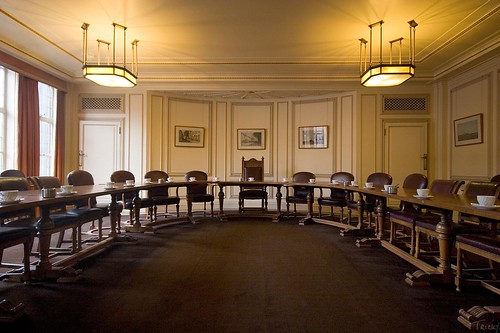A quick repost of an important message on the MySociety blog:
Uh oh. Ministers are about to conceal MPs’ expenses, even though the public hasjust paid £1m to get them all ready for publication, and even though the tax man expects citizens to do what MPs don’t have to. They buried the news on the day of the Heathrow runway announcement. This is heading in the diametric wrong direction from government openness.
You can help in the following three ways:
1. Please write to your MP about this www.WriteToThem.com – ask them to lobby against this concealment, and tell them that TheyWorkForYou will be permanently and prominently noting those MPs who took the opportunity to fight against this regressive move. The millions of constituents who will check this site before the next election will doutbtless be interested.
2. Join this facebook group and invite all your least political friends (plus your most political too). Send them personal mails, phone or text them. Encourage them to write to their politicians too.
3. Write to your local paper to tell them you’re angry, and ask them to ask their readers to do the above. mySociety’s never-finished site http://news.mysociety.orgmight be able to help you here.
NB. mySociety is strictly non-partisan, by mission and by ethics. However, when it looks like Parliament is about to take a huge step in the wrong direction on transparency, we’ve no problem at all with stepping up when changes happen that threaten both the public interest and the ongoing value of sites like TheyWorkForYou and WhatDoTheyKnow.
I’ve sent an email via WriteToThem to my local MP, James Plaice. Here’s the text I sent (mainly copied and pasted from other sources) – feel free to re-use it for your efforts:
I am writing to express my concern at the recent decision to conceal the details of MPs’ expenses. I do not understand why it is necessary for MP’s to be the only paid public officials who will not have to disclose the full details of their expenses and allowances.
After all, members of the Scottish Parliament have to declare all oftheir expenses – why does the British Parliament need to be different?
As my local MP, I hope you will be lobbying against this concealment and that you will also be of those enlightened MPs who, knowing that they have nothing to hide, are willing to publish the full details of their expenses anyway.


